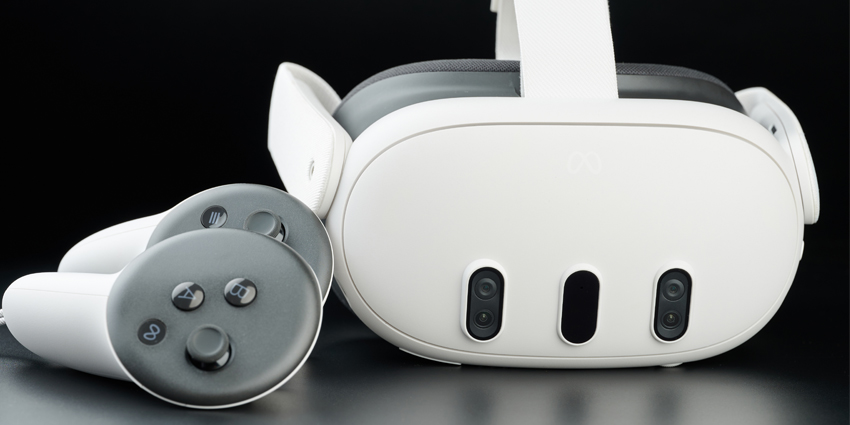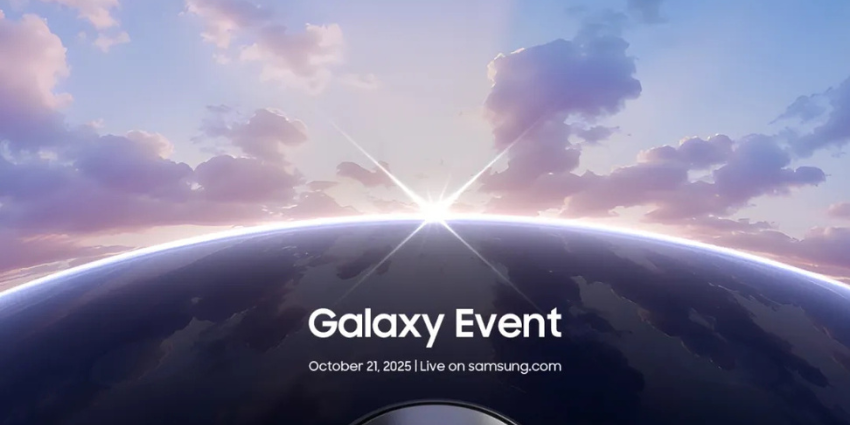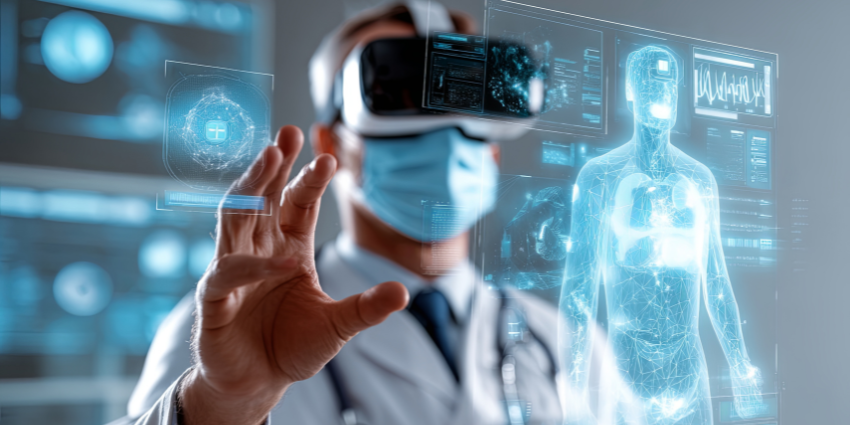Today, Meta released its Q2 2024 earnings call, highlighting various crucial insights into the company’s operations just a month ahead of Connect 2024, where the firm may tease its next-generation XR products.
In the earnings call, Meta revealed that its overall revenue reached $39.07 billion, a 22 per cent increase from the previous year.
In line with increasing revenue, the firm also recorded its total costs and expenses at $24.22 billion, marking a lower 7 per cent increase year-over-year. On the other hand, Meta Q2 capital expenditures, which include principal payments on finance leases, reached $8.47 billion.
Mark Zuckerberg, the Founder and CEO of Meta, added:
We had a strong quarter, and Meta AI is on track to be the most used AI assistant in the world by the end of the year. We’ve released the first frontier-level open source AI model, we continue to see good traction with our Ray-Ban Meta AI glasses, and we’re driving good growth across our apps.
Regarding the Meta Reality Labs division, Meta noted that its forecasts predict the groups will continue to experience increasing operating losses year over year due to XR product research and development cycles.
The news comes after Meta announced the official event dates for its Connect 2024 technology showcase this week. The event will take place on September 25 – 26, 2024, featuring Meta’s latest digital solutions from its social media and XR umbrella.
Meta has not yet revealed specific details about the event, but it is expected to include sessions, featured technology, and speakers. Historically, Connect is an event that provides insights into the firm’s XR roadmap. Previous Connect events have unveiled the company’s rebrand, Meta Quest 3, and RayBan AR glasses.
Mark Zuckerberg Speak on Meta’s Future
At SIGGRAPH 2024, Mark Zuckerberg delivered a keynote address about the future of Meta’s XR hardware ambitions and the direction of AI integrations. Zuckerberg emphasized his enthusiasm for genAI and its impact on Meta’s technological objectives. He mentioned that Meta has been involved in AI research substantially, even before establishing reality labs.
Zuckerberg also discussed how Meta’s work in AI and Llama technology influences the company’s efforts in AR and VR. He highlighted that this technology stack makes the Horizon OS framework more accessible.
Zuckerberg’s comments on using AI, LLMs, and XR to establish an open ecosystem are particularly significant when Meta needs to differentiate its XR investments. With hardware giants like Samsung entering the XR space, Meta needs to create a distinct advantage, especially given the existing device ecosystems associated with these companies.
Similar to how the Vision Pro works across different Apple hardware products, having an established hardware ecosystem will enhance usability in consumer and enterprise environments.
However, Meta lacks a comprehensive hardware ecosystem beyond the Quest lineup and Ray-Ban smart glasses. Therefore, their shift towards providing AI and open frameworks is an alternative strategy to other ecosystem approaches.
For Meta, the journey has been extensive. While new players are entering the space, Zuckerberg is confident that Meta’s innovation in XR hardware, built on years of dedicated experience, will propel them forward and deliver top-notch XR products.
Zuckerberg highlighted future-leading XR devices: “When we think about the next computing platform, we break it down into mixed reality, the headsets, and the smart glasses.”
Moreover, Zuckerberg commented that smart glasses are easier for the general public to understand compared to headsets. A significant portion of the world’s population already wears glasses and could potentially transition to smart glasses, representing over a billion people.







